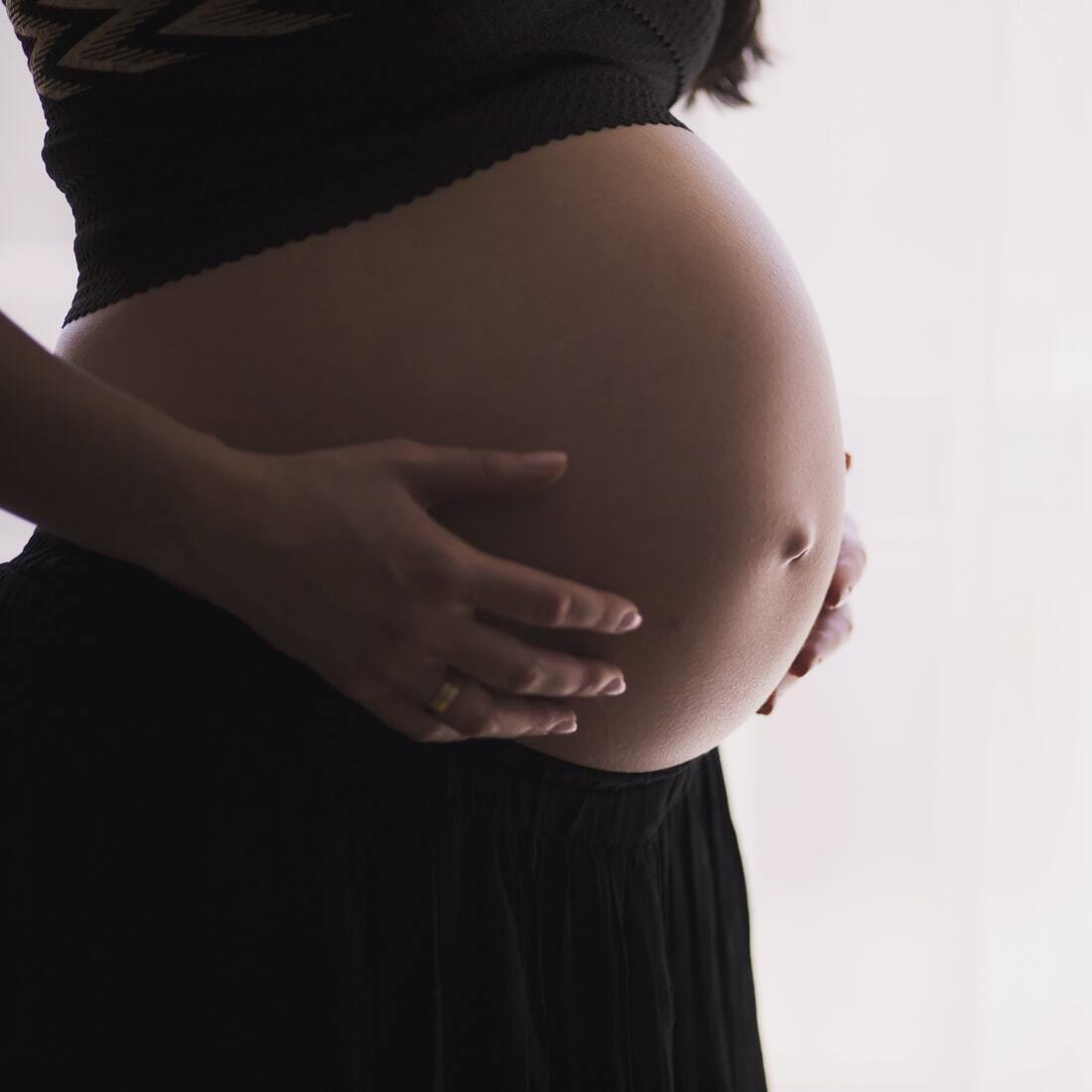COVID-19 May Increase Mortality, Complications During Childbirth
Women with COVID-19 who gave birth were more likely to deliver earlier than 37 weeks.

A new cohort study found that women with COVID-19 who underwent childbirth had increased rates of mortality and other complications.
A team of investigators from University of California Irvine Medical Center examined the associations between COVID-19 and pregnancy outcomes. They further compared characteristics between women who had been diagnosed with the disease during pregnancy with those who had not been infected.
“Although there has been extensive research on COVID-19 since its initial emergence, the broad range of perinatal COVID-19 outcomes continue to emerge,” the team wrote. Previous studies have found a higher absolute death rate in women with COVID-19 compared to those without it. Even more, higher rates of preterm birth, preeclampsia, and thrombotic events were observed in infected patients.
As such, the team performed similar, and longer, analyses in a larger single data set cohort of COVID-19-infected women.
The Study
To construct their cohort, the investigators utilized the Vizient Clinical Data Base/Resource Manager (CDB/RM), an administrative, clinical, and financial database that aggregates information from over 650 academic centers and community affilities.
They identified childbirths from various classifications, including cesarean delivery; forceps, vacuum, or breech delivery; and artificial rupture of membrane to assist delivery.
Additionally, a diagnosis of COVID-19 was identified according to the International Statistical Classification of Diseases and Related Health Problems, Tenth Revision (ICD-10)7 diagnosis of U07.1. The investors included women who were diagnosed with the disease during the same admission for delivery.
The primary outcome was in-hospital mortality, with secondary outcomes being hospital length of stay, rates of intensive care unit (ICU) admission and mechanical ventilation, and discharge status.
Population characteristics
A total of 869,079 women gave birth at 499 medical centers across the United States. Of the population, 18,715 (2.2%) had a COVID-19 diagnosis. The majority of women ranged from 18-30 years old (61.7% in the COVID-19 cohort, and 52.6% in the non-COVID cohort).
Among those with COVID-19, 43.1% were White—compared to 58.7% among those without COVID. Those who were infected were more likely to be Hispanic (COVID, 43.5% vs non-COVID, 22.3%) and/or Black (COVID, 20.3% vs non-COVID, 18.1%).
Obesity (21.1%), anemia (12.3%), and chronic pulmonary disease (7.7%) were the most common comorbidities associated with COVID-19.
Nevertheless, there was no significant difference between the 2 cohorts in terms of cesarean delivery (COVID, 32.5% vs non-COVID, 32.2%; P = .57).
Median length of stay was 2 days in each group, with the COVID group ranging from 1-211 days and the non-COVID group 1-370 days (P < .001).
Outcomes
Women with COVID-19 giving birth had significantly higher rates of ICU admission (5.2%) than those without disease (0.9% [OR, 5.84; 95% CI, 5.46- 6.25; P < .001]), the investigators reported.
This pattern was also observed for respiratory intubation and mechanical ventilation (1.5% vs 0.1%, respectively [OR, 14.33; 95% CI, 12.50-16.42; P <.001]) and in-hospital mortality (0.1% vs <0.01%, respectively [OR, 15.38; 95% CI, 9.68-24.43; P < .001])
And finally, up to 16.4% of women with COVID-19 had a preterm delivery of less than 37 weeks—versus 11.5% of women without COVID-19 (P < .001). Even more, 4.2% of COVID-19 patients delivered at less than 32 weeks—versus 2.6% of non-infected patients.
Conclusion
The team acknowledged the retrospective nature of the study and lack of follow-up data as key limitations, noting that true mortality rates may have been underestimated.
“This cohort study found that women with COVID-19 who were giving birth had a statistically significantly higher mortality rate of 0.13% compared with women without COVID-19,” they wrote. “The need for ICU admission and respiratory failure requiring intubation were statistically significantly higher among women with COVID-19.”
They indicated the need to conduct further research on the pathophysiology of COVID-19 during pregnancy and long-term outcomes in these patients.
The study, “Characteristics and Outcomes of Women With COVID-19 Giving Birth at US Academic Centers During the COVID-19 Pandemic,” was published online in JAMA Network Open